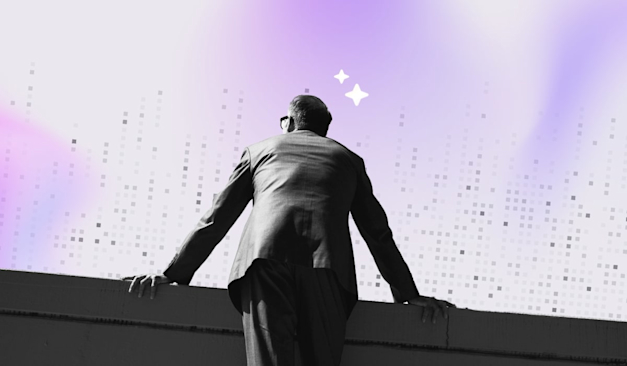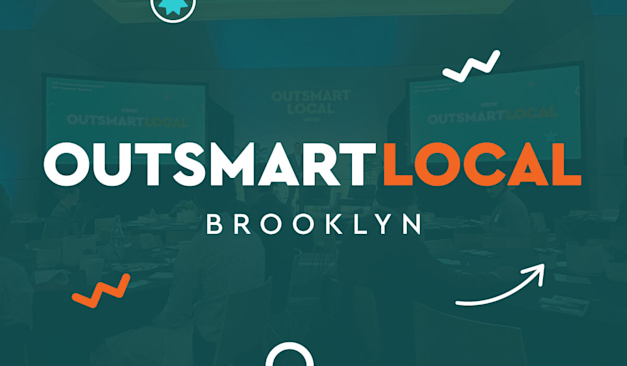
Introducing Visier MCP Server: The Universal Connector for AI-Ready People Data
Learn how the Visier MCP Server delivers governed, real-time people data to any AI.
Latest articles

People Analytics Holds The Key to Unlocking Effective Enterprise Transformation
Stop letting gut instinct drive your biggest changes. Read on to learn the people analytics framework to systematically model skills, organizational design, and workforce planning for a successful enterprise transformation.

Securing the Future: Making Agentic AI Safe for Enterprise
Securing the future of agentic AI is critical for enterprise success. Read on to learn about the specific risks that all organizations must understand and mitigate to successfully and safely develop agentic AI solutions.

Closing the Gap: Why Finance-Driven Partnership is HR’s New 2026 Must-Have in the AI Era
Learn why the new era of economic uncertainty and AI disruption demands that HR and Finance form a critical, data-driven partnership to deliver real business impact. Read more about the sixth official trend from the Visier Trends 2026 report.

The Future of Agent-Driven Analytics: Visier’s Vision for Intelligent Context
As AI agents reshape how we access data, there's a risk of losing the analyst's curatorial wisdom. Learn how Visier is adopting an approach to MCP architecture that acknowledges the analyst's role as curator while enhancing it through intelligent automation.

Introducing Visier MCP Server: The Universal Connector for AI-Ready People Data
Learn how the Visier MCP Server delivers governed, real-time people data to any AI.

The Day the Manager Became the Strategy: Key Takeaways from Outsmart Local Brooklyn
Read key takeaways from Outsmart Local NYC 2025, where HR and People Analytics leaders explored the AI in HR imperative, the importance of workforce planning, and more.
Product & Innovation
Explore the latest in products, the industry, and solutions that bring business data and people data together.

The Future of Agent-Driven Analytics: Visier’s Vision for Intelligent Context

The Day the Manager Became the Strategy: Key Takeaways from Outsmart Local Brooklyn

“The Great Flattening” is Crushing Your Managers – Visier Manager Agent is Here to Help

Building a Data-Driven HR Function That Delivers Results
All Product & Innovation articlesArtificial Intelligence
We’ve only just begun to scratch the surface of how Artificial Intelligence will change work as we know it.

Securing the Future: Making Agentic AI Safe for Enterprise

Introducing Visier MCP Server: The Universal Connector for AI-Ready People Data

15 Strategic Workforce Planning Questions Vee Can Answer Fast

“The Great Flattening” is Crushing Your Managers – Visier Manager Agent is Here to Help
All AI articles


